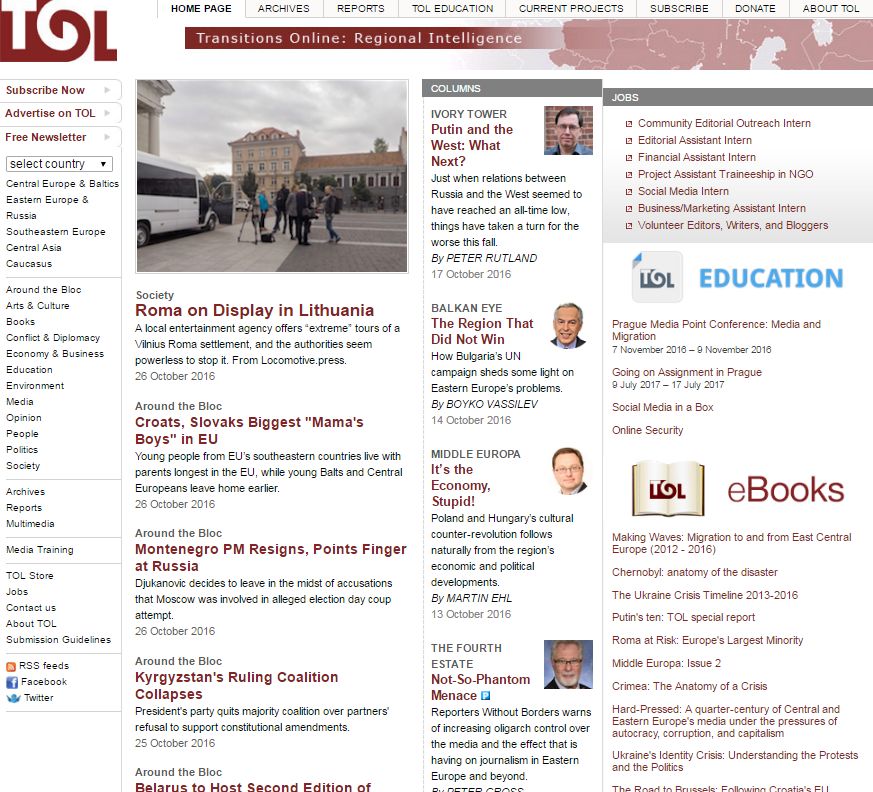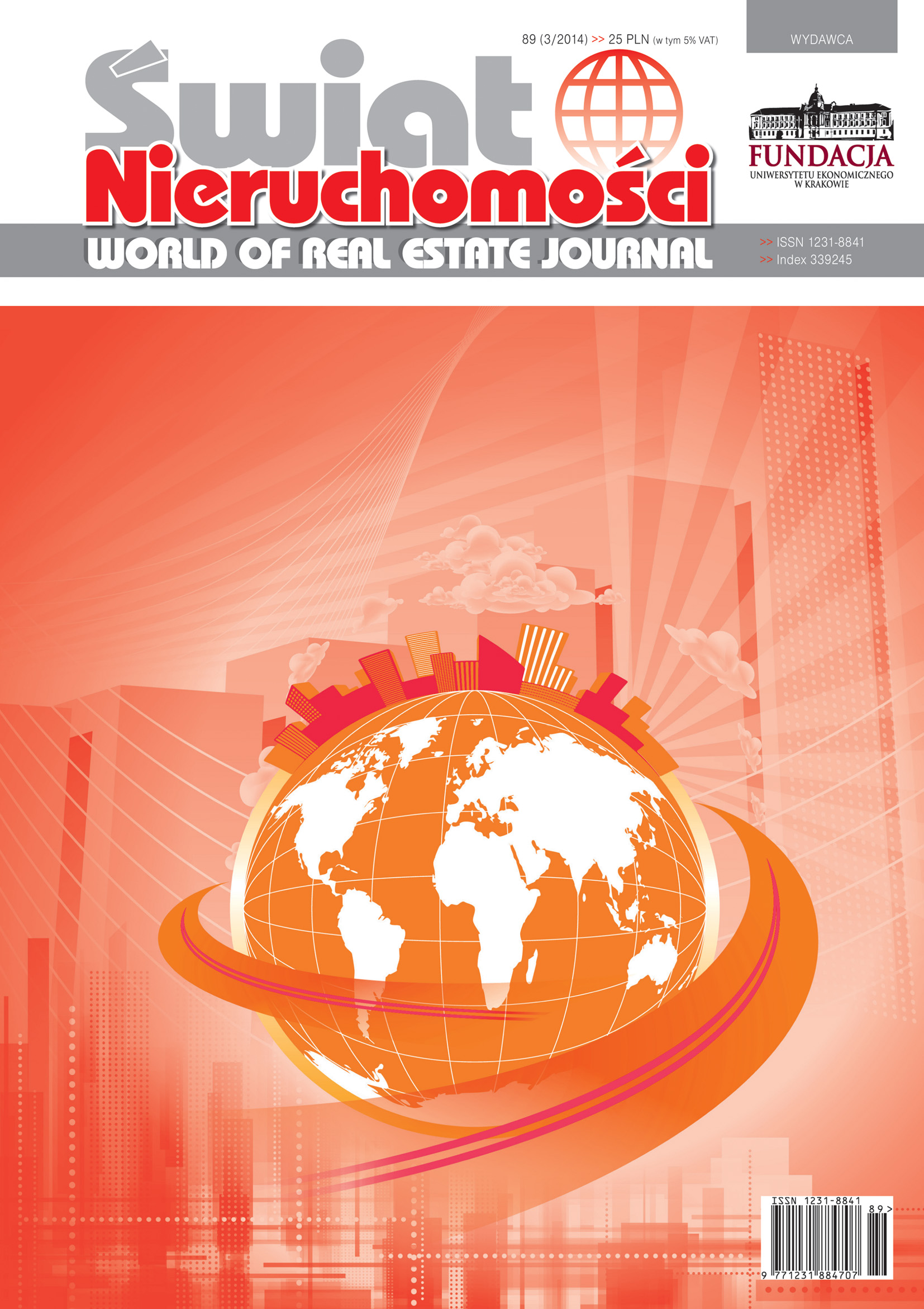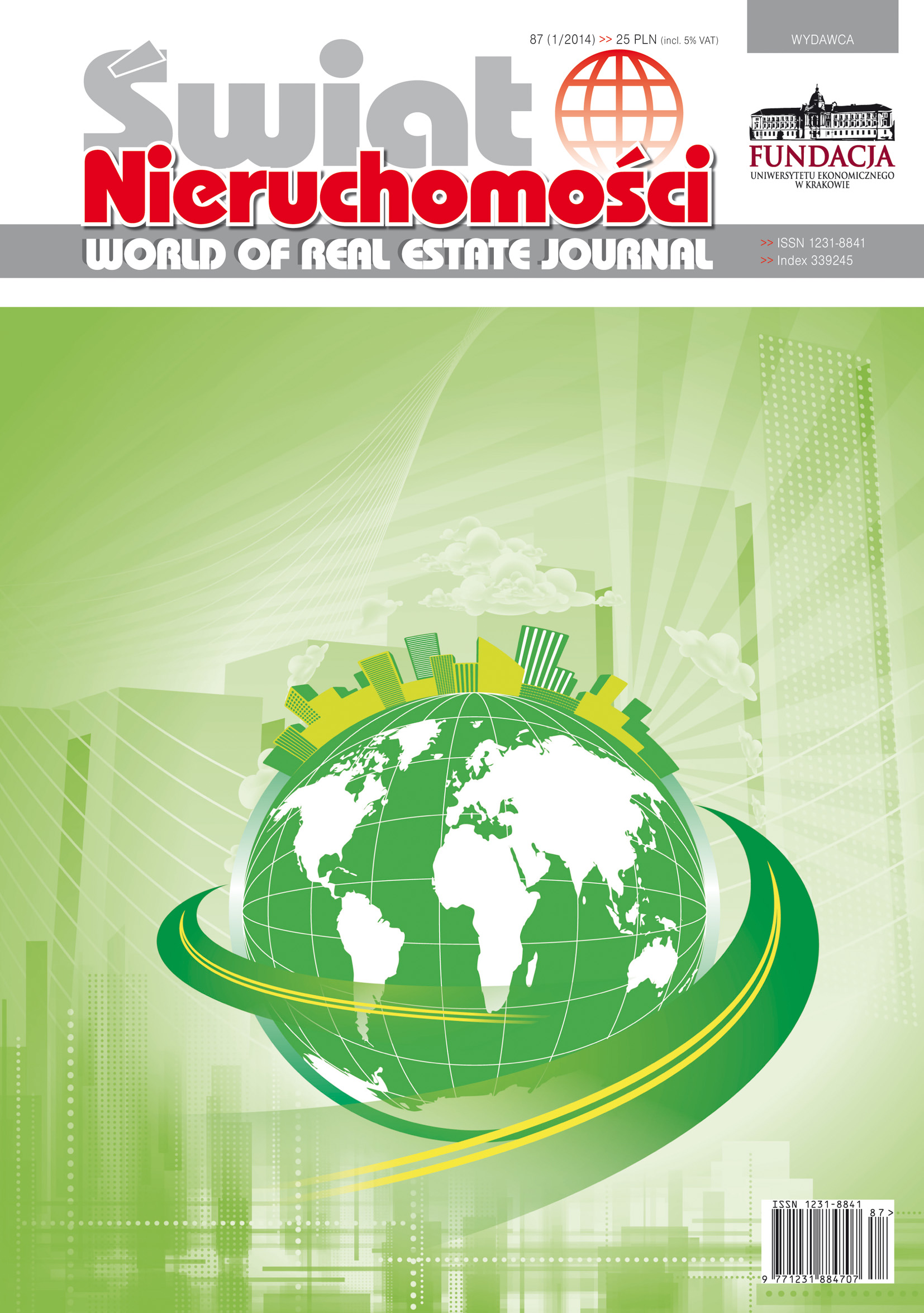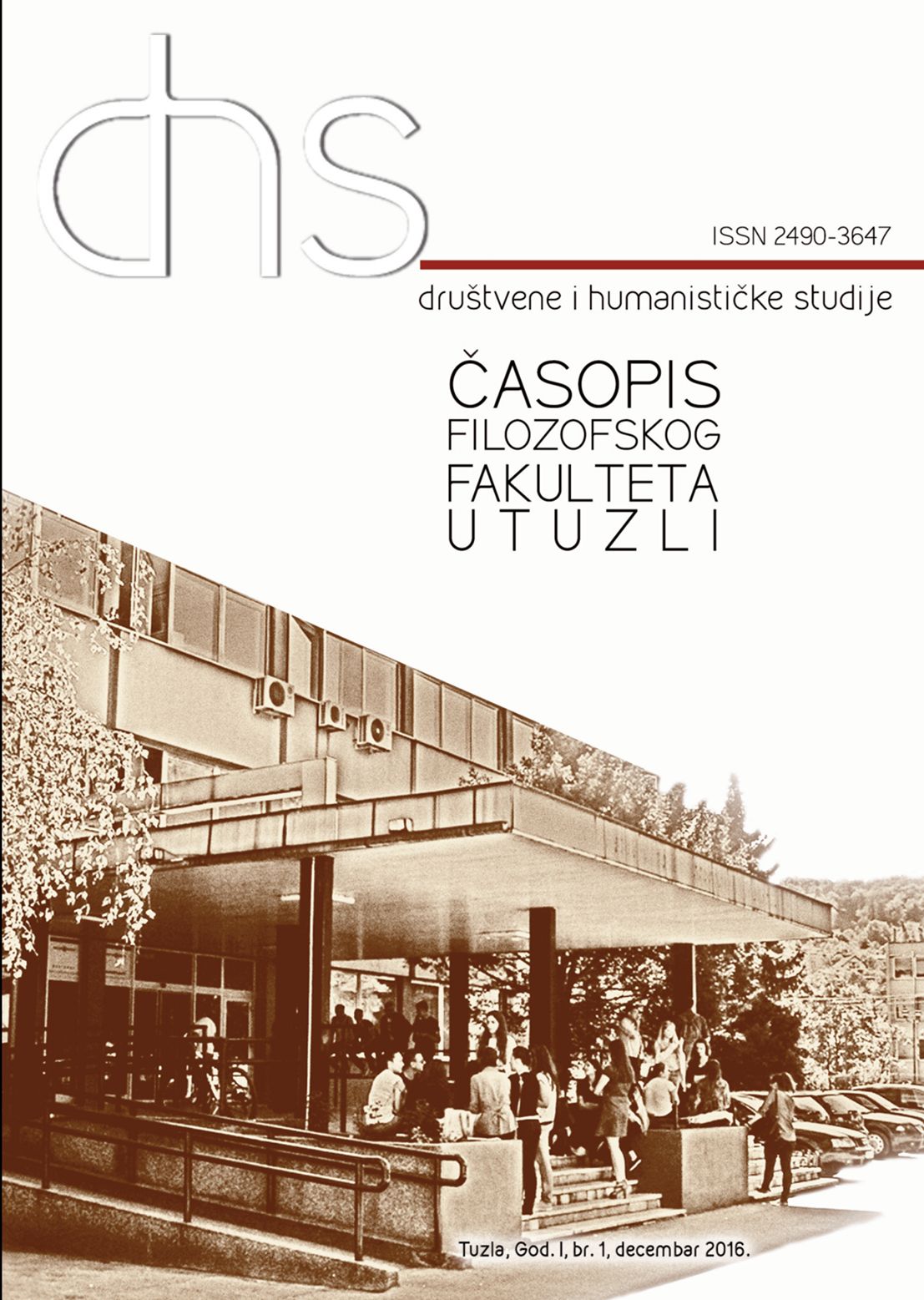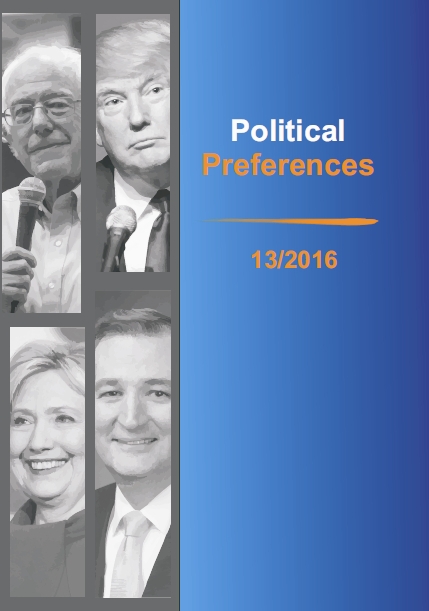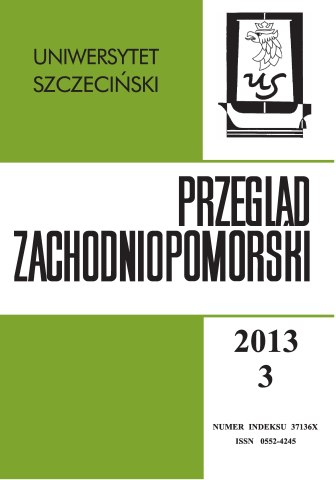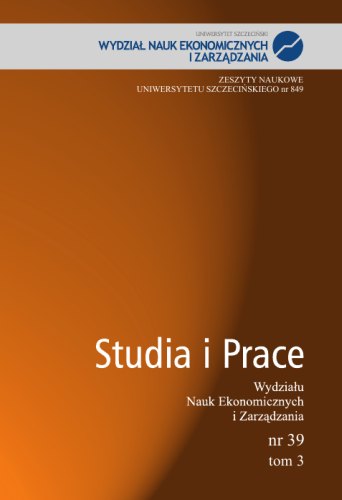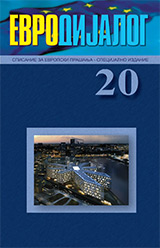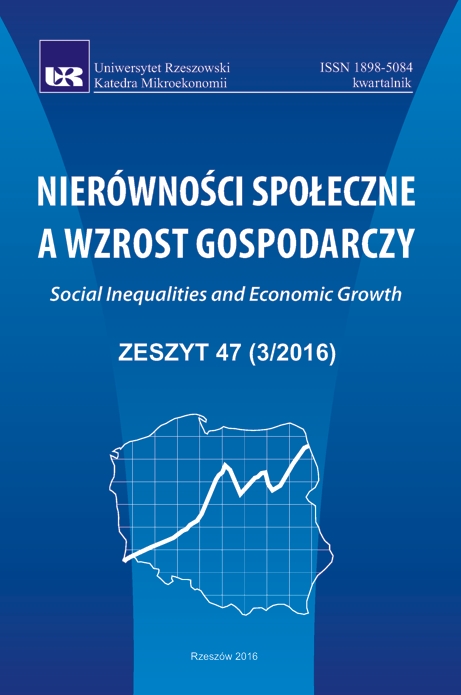
Polityka inkluzji – iluzja równości?
Equality, justice, freedom, democracy – these values are important for contemporary men, for both so called ordinary people and for theoreticians. On the level of everyday social consciousness one can find the sense of their interrelations and their inseparability of a sort. They manifest them-selves together. Theoreticians who investigate them (or, as in the case of equality, its opposition – inequality) prove the affinity of these concepts. In particular, controversial debates on the increas-ing inequalities confirm the influence that lack of influence exerts on freedom and the quality of democracy. Politicians, to demonstrate their activity and commitment to combating inequalities that are corrupting for democracy, declared the politics of inclusion. It has been presented as a means of evening the blatant inequalities, a method of inclusion and participation – a better quality of democracy. However, in the opinion of F. Furedi, the contemporary condition of society (the diminishing standards in culture and education, the passivity of citizens, and the negative changes concerning the domain of science and the independence of intellectuals) demonstrates that this politics has failed. The main cause of this failure is, in Furedi’s view, the fact that this politics has been but illusion of equality policy. The actual combating inequalities has to be a struggle with real (economic) sources of inequalities, and not creating in people the sense of equality. The poli-tics of inclusion should not (as it was the case) lower the level of education and culture, and of the quality of democracy. It is possible and we should not accept the conviction that the increasing access to education and culture has to result in negative effects. Furedi not only points out this politics ineffectiveness in relation to the declared goal of improving condition of society and de-mocracy, but blames them for dishonest intentions – Furedi might be right or wrong; nevertheless his position deserves considerations while debating inequalities.
More...

